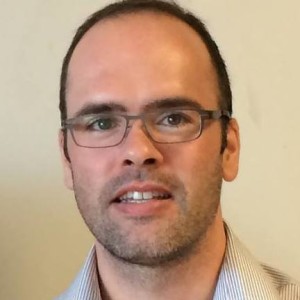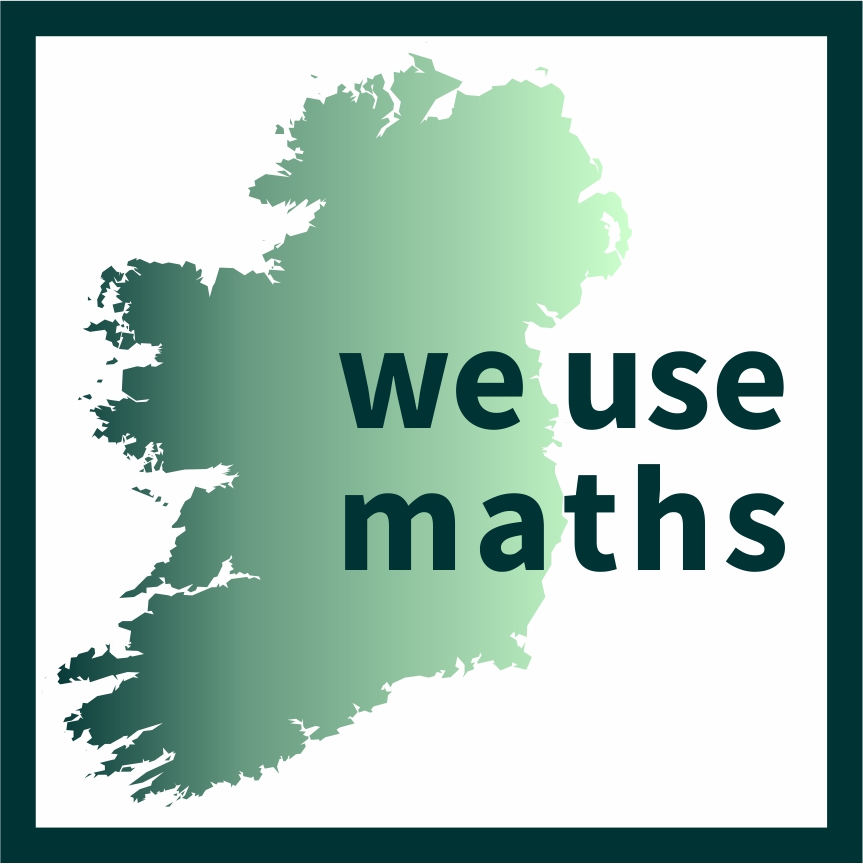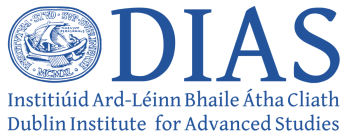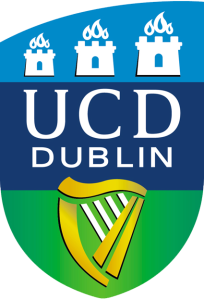John Kildea: Medical Physicist

Your name?
John Kildea
Your job title?
Medical Physicist
Describe your job and what are your main tasks / responsibilities as a Medical Physicist?
As a medical physicist, my job is to understand the interaction of radiation with human tissue and to use that understanding for the purpose of diagnosis or treatment of disease. I personally specialize in the treatment aspect, using radiotherapy. My main task is to ensure that in treating radiotherapy patients we give them the right amount of radiation to the right place. This boils down to a whole range of sub tasks, ranging from checking individual treatment plans to keeping the treatment machines operating correctly. I often work with doctors who prescribe radiotherapy and I help them determine how to deliver the radiation that the patient needs in a way that minimizes the amount of healthy tissue that is affected. I also do a lot of research work that aims to improve radiotherapy generally and to improve our understanding of radiation interactions in tissue.
How do you use mathematics within your job?
I used basic mathematics every day for treatment planning calculations and in writing software algorithms.
What type of mathematics do you use to solve problems?
Basic linear algebra, trigonometry, statistics
What aspects of the mathematics curriculum or mathematics courses have proven most useful to you?
Basic leaving cert mathematics covers most of what I need. On rare occasions, mainly in research, I need to use more advanced mathematical methods such as calculus or differential equations or vector field theory.
What is your education to date?
I studied for a BSc in Physics with Astrophysics at Queen’s University of Belfast followed by a PhD in Astrophysics at University College Dublin. I did two postdocs in Astrophysics, one at McGill University in Montreal and the second at the Harvard-Smithsonian Center for Astrophysics. After that, I decided to change career and I transitioned into Medical Physics with an MSc in Medical Radiation Physics at McGill University. At that point I got a job as a clinical medical physicist at the McGill University Health Centre. My studies only officially finished after a two-year on-the-job residency in clinical Medical Physics at McGill and certification by the Canadian College of Physicists in Medicine.
What advice would you give to someone considering your job?
Go for it! It’s a great career. It’s not easy to get through the studies, you need to work very hard. But it is worth it. A fulfilling mix of science and medicine.
What do you find most interesting in your job and what do you find are the main challenges?
I find the mix of hard science and human factors to be very interesting. As physicists, we might work hard to make the physics of radiotherapy very accurate and precise but then when we consider individual patients they are all human and unique and no two people respond to radiotherapy in exactly the same way. You need to see both the bigger picture and the finer details in Medical Physics and it makes for very interesting work.





